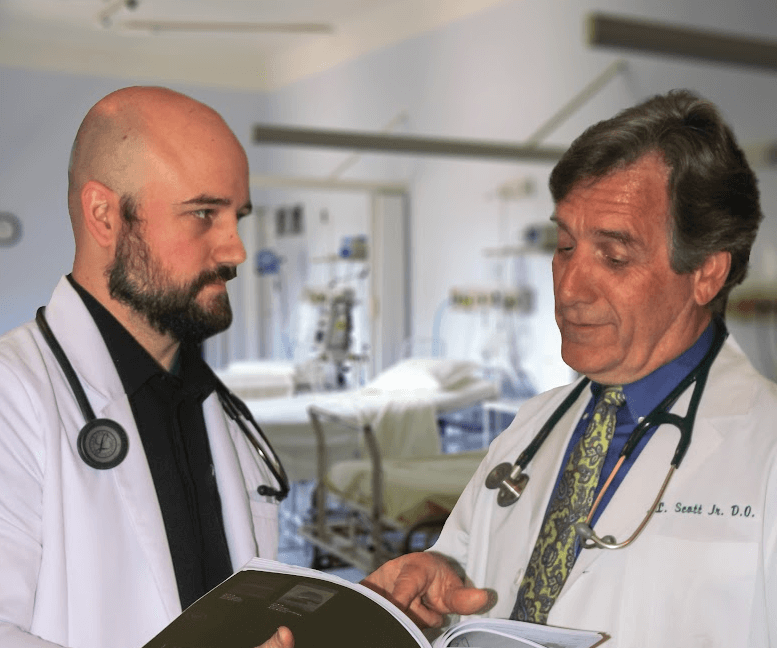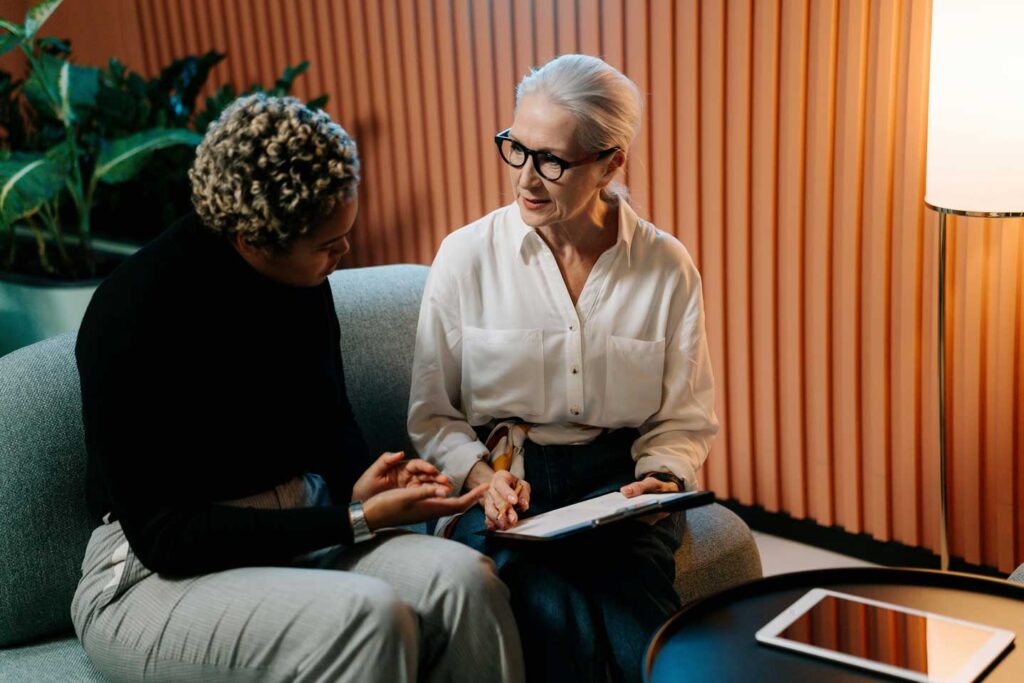By Dr. Kenneth Scott, DO and Dr. Mary L. Ricardo-Dukelow, MD
The last few years have seen significant upheaval in not only the US but the world as well, led in part by the worst pandemic in modern history.
The chaos that has been created has affected all areas of industry—not just health care. As a shakeup of our economy and the workforce continues, we must look for innovative ways to move ahead through pandemics, soaring inflation, and recessions.
Linda Rottenberg, cofounder and CEO of Endeavor, states that chaos can be our friend. Rottenberg, author of the book Crazy is a Compliment: The Power of Zigging When Everyone Else Zags, reminds us that how we respond to chaos can make the difference. She recommends that “instead of fearing it, [we] embrace it.”
Part of the chaos recently created in the health care arena surrounds the lack of good health care maintenance that occurred during the pandemic because of an inability to go to the doctor’s office easily for routine screening exams, as well as a reduction in routine testing, more reliance on telemedicine, and confusion surrounding the safety of the COVID-19 vaccine.
For example, MDedge reports that “before the pandemic, oncologists were already overburdened by a system unable to meet the demand for services. And now, because patients delayed doctor visits, more patients are being diagnosed with advanced malignancies.”
I would suggest that embracing the chaos doesn’t always mean coming up with something totally new but rather reinventing something tried and true with a twist that might work better in chaotic times. For one example of such success, I refer you to the excerpts below, quoted from a paper coauthored by one of my good friends and esteemed infectious disease colleague, Dr. Mary L. Ricardo-Dukelow, MD.
A unique twist on the concept of health fairs shows great promise in reaching out to select populations that are typically underserved, resulting in benefit to not only the underserved but also to the greater community at large. Thank you, Dr. Mary, for your leadership!
The following excerpts from the study are shared by permission:
Background
During the initial phase of the COVID-19 pandemic, facilities transformed some medical care to virtual appointments. There was a subsequent decline in chronic disease screening and management, as well as cancer screening rates.
Observations
COVID-19 vaccine events offered an opportunity to provide face-to-face preventive care to veterans, and mobile vaccine events enabled us to reach rural veterans. In this quality improvement project, we partnered with state and community organizations to reach veterans at large vaccine events, as well as in rural sites and homeless housing. The program resulted in the successful provision of preventive care to 115 veterans at these events, with high follow-up for recommended medical care. In all, 404 clinical reminders were completed and 10 new veterans were enrolled for health care. Important clinical findings included an invasive colorectal cancer, positive HIV point-of-care test, diabetic retinal disease, uncontrolled hypertension, and depression.
Conclusions
Vaccine events offer a venue for chronic disease screening, referral, and cancer screening.
Shortly into the COVID-19 pandemic, Dr. Robert Califf, the commissioner of the US Food and Drug Administration, warned of a coming tsunami of chronic diseases, exacerbated by missed care during the pandemic. According to a Centers for Disease Control and Prevention (CDC) survey, more than 30% of adults reported delaying or avoiding routine medical care in the first 6 months of 2020. This rate was highest in people with comorbidities. Multiple studies demonstrated declines in hypertension care, hemoglobin A1c testing, mammography, and colon cancer screening. There has been a resultant increase in colon cancer complications, wounds, and amputations. The United Kingdom is expected to have a 7.9% to 16.6% increase in future deaths due to breast and colorectal cancer (CRC). The World Health Organization estimates an excess 14.9 million people died in 2020 and 2021, either directly from or indirectly related to COVID-19.
Due to the large-scale conversion from face-to-face care to telehealth modalities, COVID-19 vaccination events offered a unique opportunity to perform preventive health care that requires in-person visits, since most US adults have sought vaccination. However, vaccine events may not reach people most at risk for COVID-19 or chronic disease. Groups of Americans with lower vaccination rates were concerned about driving times and missing work to get the vaccine.
This program provided evidence that directed, preventive screening can be performed in outreach settings paired with vaccine events. These vaccination events in rural and homeless settings reached communities with demonstrable COVID-19 vaccination and other preventive care needs. This approach could be used to help veterans catch up on needed preventive care.
To read the full study, click here.





